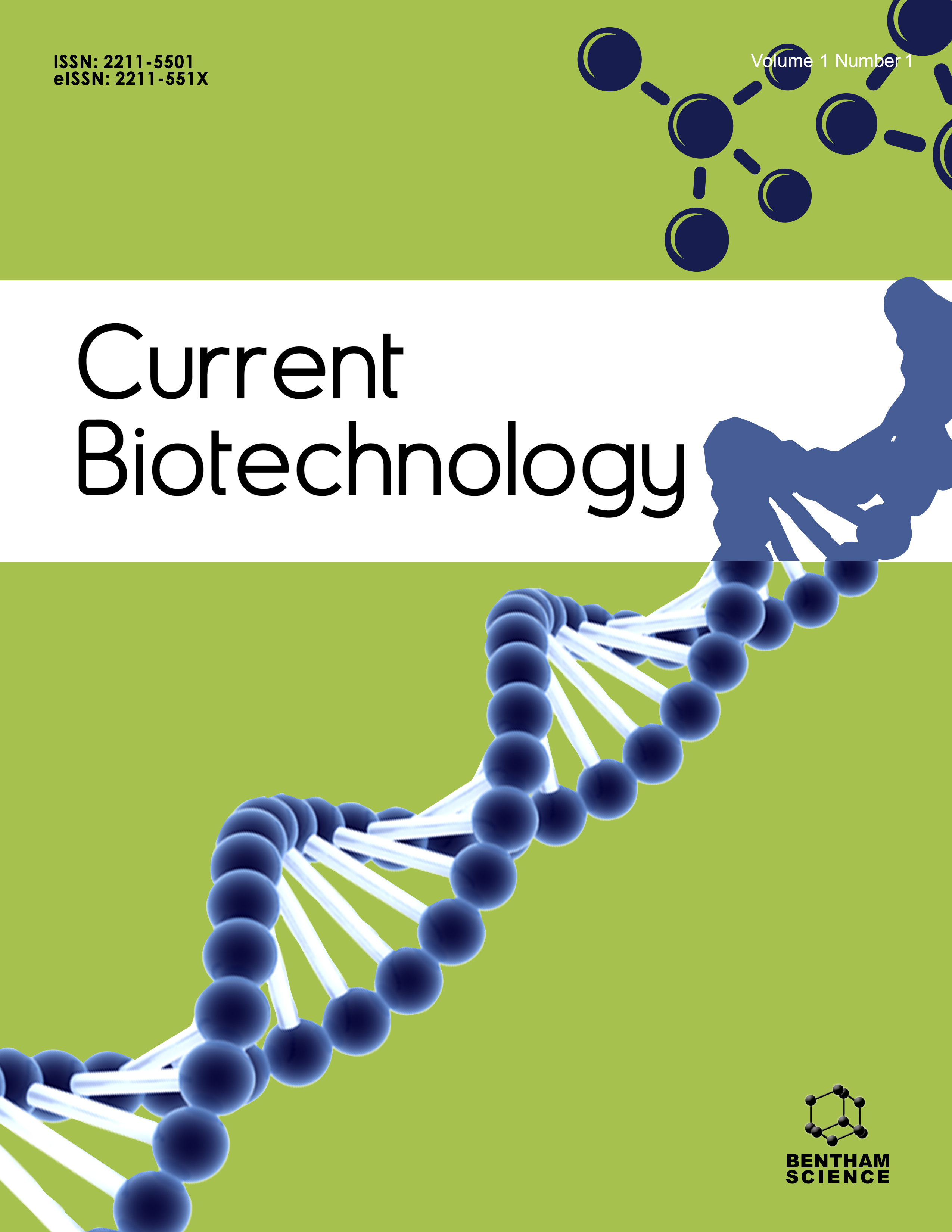-
s The Search for a Lipid Trigger: The Effect of Salt Stress on the Lipid Profile of the Model Microalgal Species Chlamydomonas reinhardtii for Biofuels Production
- Source: Current Biotechnology, Volume 5, Issue 4, Nov 2016, p. 305 - 313
-
- 01 Nov 2016
Abstract
Background: Algal cells produce neutral lipid when stressed and this can be used to generate biodiesel. Objective: Salt stressed cells of the model microalgal species Chlamydomonas reinhardtii were tested for their suitability to produce lipid for biodiesel. Methods: The starchless mutant of C. reinhardtii (CC-4325) was subjected to salt stress (0.1, 0.2 and 0.3 M NaCl) and transesterification and GC analysis were used to determine fatty acid methyl ester (FAME) content and profile. Results: Fatty acid profile was found to vary under salt stress conditions, with a clear distinction between 0.1 M NaCl, which the algae could tolerate, and the higher levels of NaCl (0.2 and 0.3 M), which caused cell death. Lipid content was increased under salt conditions, either through long-term exposure to 0.1 M NaCl, or short-term exposure to 0.2 and 0.3 M NaCl. Palmitic acid (C16:0) and linolenic acid (C18:3n3) were found to increase significantly at the higher salinities. Conclusion: Salt increase can act as a lipid trigger for C. reinhardtii.


